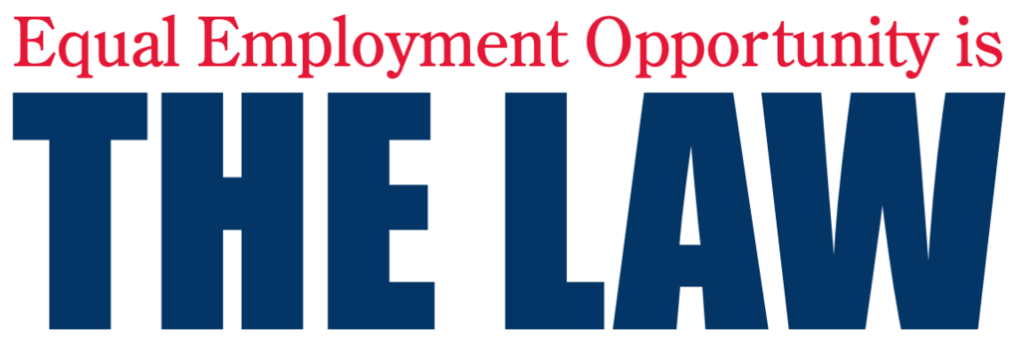In the wake of the terrible abuse of power and murder of George Floyd and the ensuing protests coupled with rioters taking advantage of the situation, I wasn’t sure how or whether to respond publicly. I don’t view myself as having a huge public reach, and typically prefer to keep my blog posts focused on employment law.
The disregard for Mr. Floyd’s life hurt my heart. The gathering together of communities in opposition to the police and the system that allowed this crime, and other similar crimes, provided hope. The destruction of property and theft of items by persons taking advantage of the pain suffered by Mr. Floyd, his family, and the community angered me. At the same time, I didn’t know that I could or should express my opinion. What did I have to offer in the public debate?
I’ve had, and continue to have, conversations with my family and close friends about the inequality in treatment between races and genders. We discuss the historical context and various contributing factors. We examine it from an economic and sociological perspective. We argue over whether it is acceptable to fight prejudice with prejudice or whether it is better to lead by example. We discuss the extent to which the media (including social media) influences and shapes public opinion, and the scope of our obligation to help shape that opinion. We talk about what we do and can do to provide opportunities to equalize the inequities.
I’ve used my passion and logic to influence my personal sphere of influence, but I wasn’t sure (and am still not entirely certain) on what else I can do to further justice and equality in a more public way. I am a Caucasian male, raised in a predominantly Caucasian community. Most of my family immigrated to the United States generations before I was born. Although I experienced some anti-semitism growing up, it was never at the hands of the government. My fears of the police were the result of my actions, not the color of my skin or the actions of others for whom I share a skin tone. I can imagine the experiences of people who face racial inequality and prejudice, but I can never really know their experience.
I’ve known excellent police officers and other government officials who I believe do their job to further justice and equality. I don’t know that I have ever met anyone who was completely unbiased. I don’t even know if that is possible. Many people are aware of their biases, or at least acknowledge that they likely have unconscious biases, that filter their perspectives. Many people are not aware of their biases and don’t believe they are biased. Some people are out and out bigots. So, again, what do I have to contribute to the public debate?
Then I thought about what I do on a daily basis. I am an employment attorney. For more than 20 years I have advised and represented individuals who were treated differently based on the color of their skin, their religion, their gender, their sexual orientation, their disabilities, and other protected characteristics. I educate employers on how to recognize, root out, and rectify unlawful harassment and discrimination. I create policies and procedures for employers so they can minimize the chance that conscious or unconscious biases will impact the workplace.
Few employment attorneys represent employers and employees. I have always represented both sides. I think it helps me understand the perspectives of the opposing side. It certainly helps me discuss and explain the complexities of employment law with my clients. By representing both sides, am I failing to take a side?
No. I fight for equality. I prevent discrimination and harassment from occurring in the first place by advising employers on how to ensure a harassment-free workplace. I represent employees who are victims of discrimination and harassment. In many ways, I get the best of both worlds.
This is not a solicitation for your business. I am not including my normal bottom-of-post message about my practice. This is just my heartfelt statement about the tragedy experienced by Mr. Floyd and his family, and my role in changing public action. I will continue to fight for equality in the workplace and in the community. I will continue to examine how I can further the struggle of my fellow humans.
Robert E. Nuddleman


Recent Comments